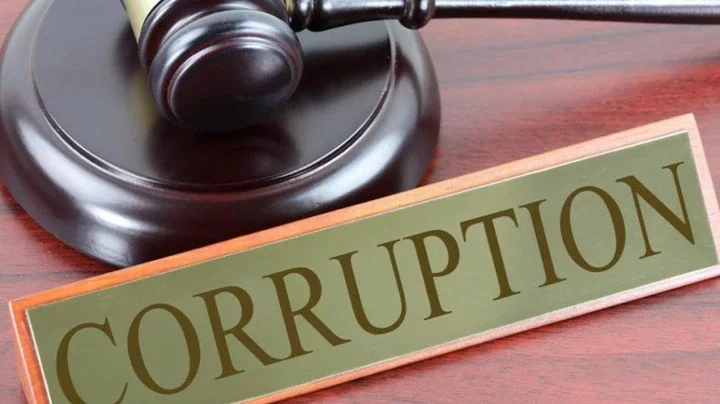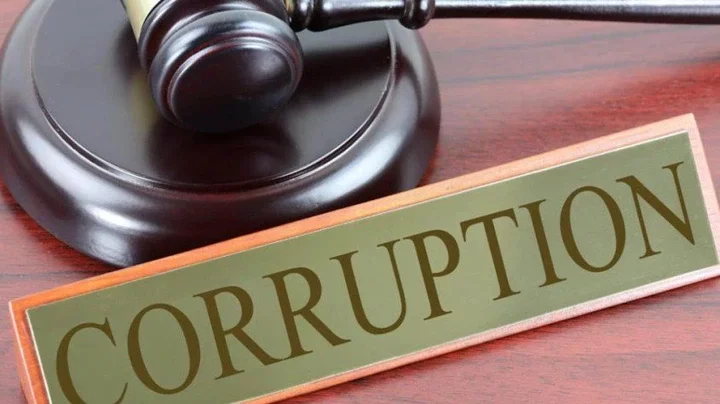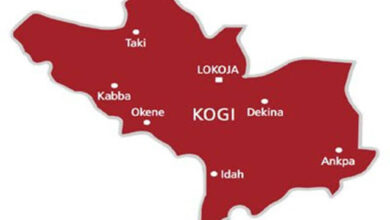Top 10 Corrupt Countries in the World


Corruption is a major obstacle to economic progress, climate initiatives, and the protection of human rights. The 2024 Corruption Perceptions Index (CPI) from Transparency International evaluates 180 countries by their perceived levels of public sector corruption. The countries are scored on a scale from 0, indicating high corruption, to 100, signifying very low corruption.
According to the index, South Sudan, Somalia, and Venezuela are at the top of the list as the most corrupt countries due to a mix of political instability, weak legal systems, and lack of transparency that allow corruption to flourish extensively.
Here’s a brief overview of the top 10 most corrupt countries as per the 2024 CPI:
South Sudan (Score: 8/100)
In South Sudan, the blend of ongoing civil conflict, political instability, and an underdeveloped legal system creates an environment where corruption thrives unchecked. This situation drastically hinders the country’s development and aid distribution.
Somalia (Score: 9/100)
Somalia has long been plagued by lawlessness and ineffective governance, which has entrenched corruption deeply within its society. The lack of a strong governmental infrastructure allows corruption to permeate all levels of administration and public services.
Venezuela (Score: 10/100)
Venezuela faces challenges with bribery and embezzlement amid its political and economic crises. The government’s opaque operations and authoritarian tendencies exacerbate corruption issues, severely affecting the economy and citizens’ quality of life.
Syria (Score: 12/100)
Syria’s prolonged conflict and dictatorial governance have led to a lack of accountability and rampant corruption. The chaos of war has allowed officials and warlords to profit from corruption and smuggling, further destabilizing the nation.
Equatorial Guinea (Score: 13/100)
Despite its vast oil wealth, Equatorial Guinea suffers from extreme disparities in wealth distribution. Corruption is widespread, with the nation’s elite monopolising profits while the majority of the population remains impoverished.
Eritrea (Score: 13/100)
Eritrea’s repressive government significantly restricts freedom of the press and human rights, creating an environment where corruption goes unchecked at all government levels.
Libya (Score: 13/100)
Libya’s ongoing internal conflict and divided political landscape have resulted in weak institutional frameworks, making bribery and corrupt practices common in public administration.
Yemen (Score: 13/100)
Yemen’s prolonged humanitarian crisis and conflict have led to severe corruption, with rampant exploitation of state resources by corrupt officials and competing warlords, exacerbating the country’s challenges.
Nicaragua (Score: 14/100)
In Nicaragua, political favoritism and a lack of judicial independence under a repressive regime have led to widespread corruption, affecting every facet of governance and limiting citizens’ rights and freedoms.
North Korea & Sudan (Score: 15/100)
North Korea’s strict government control requires citizens to engage in bribery for basic services. In Sudan, ongoing political instability and power struggles among the elite foster a corrupt environment, severely affecting governance and development.
Where Nigeria Ranks:
Nigeria ranks 144th out of 180 countries with a score of 26/100, positioning it as the 36th most corrupt nation. Corruption in Nigeria is characterized by widespread bribery, ineffective law enforcement, and poor management of public funds, which severely hinder development and progress.





